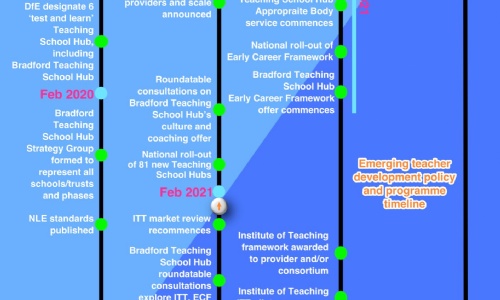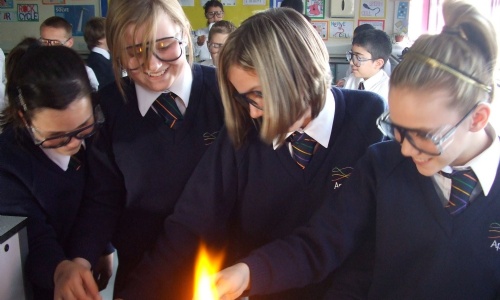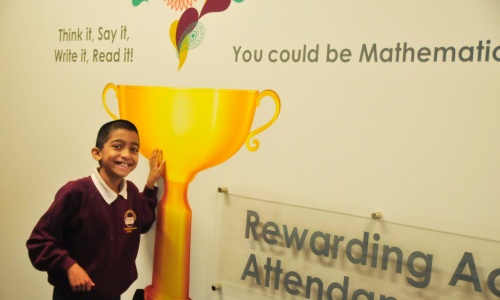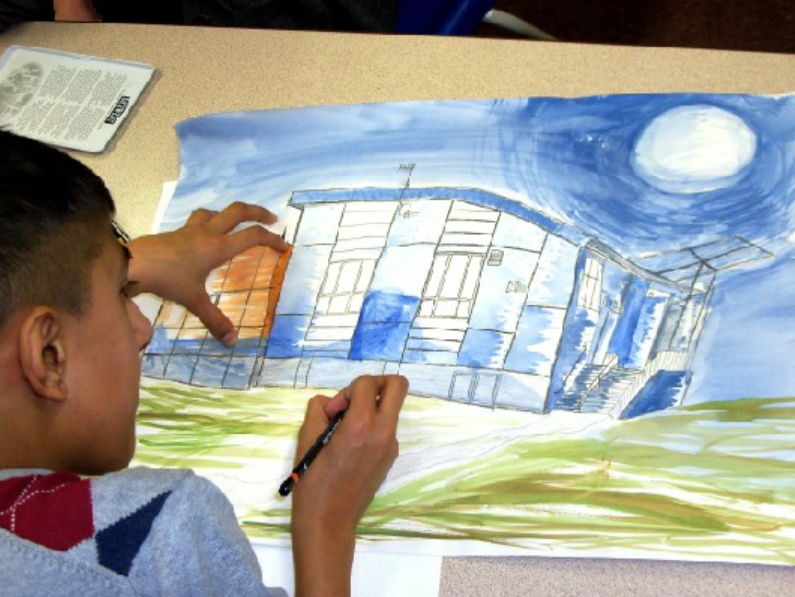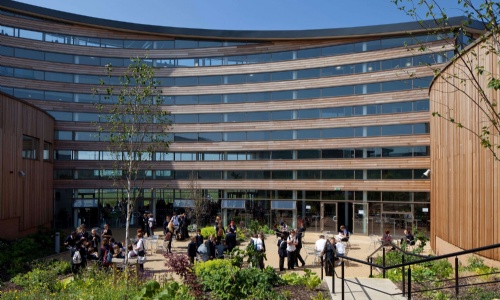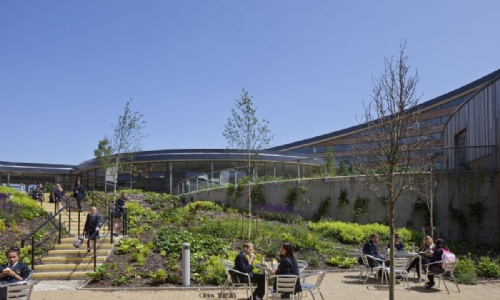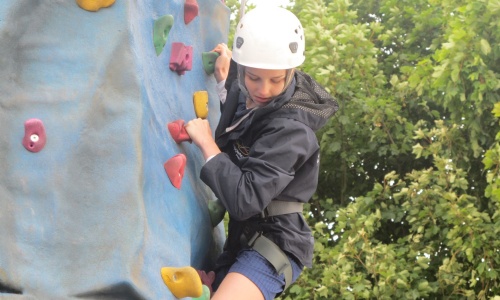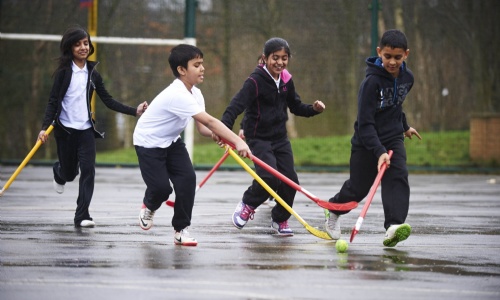This scheme temporarily increases data allowances for mobile phone users on certain networks. This is so that children and young people can access remote education if their face-to-face education is disrupted.
Who can get help
Schools, trusts and local authorities can request mobile data increases for children and young people who:
- do not have fixed broadband at home
- cannot afford additional data for their devices
- are experiencing disruption to their face-to-face education
Children with access to a mobile phone on one of the following networks might be able to benefit:
- Three
- Smarty
- Virgin Mobile
- EE
- Tesco Mobile
- Sky Mobile
Other providers may join the scheme at a later stage.
When help is available
Schools, trusts and local authorities can request mobile data increases when schools report a closure or have pupils self-isolating.
They can also make requests for children who cannot attend school face-to-face because:
- they’re clinically extremely vulnerable
- restrictions prevent them from going to school
How to request a mobile data increase
For each request, we need to know:
- the name of the account holder
- the number of the mobile device
- the mobile network of that device (for example Three)
There’s an online guide to help gather mobile information.
Schools, trusts and local authorities need to submit mobile information through our online service. Each provider will vary in how quickly they process requests.
Once a network provider has processed a data increase, they’ll send a text message to the account holder. It’s also possible to check the status of requests through the online service.
Another option for increasing internet access
If increasing mobile data isn’t a suitable option for some children, schools can also request 4G wireless routers. Find out more about choosing help with internet access.
If you have questions
If you have any questions, email COVID.TECHNOLOGY@education.gov.ukusing the subject line ‘Increasing data allowances’.

